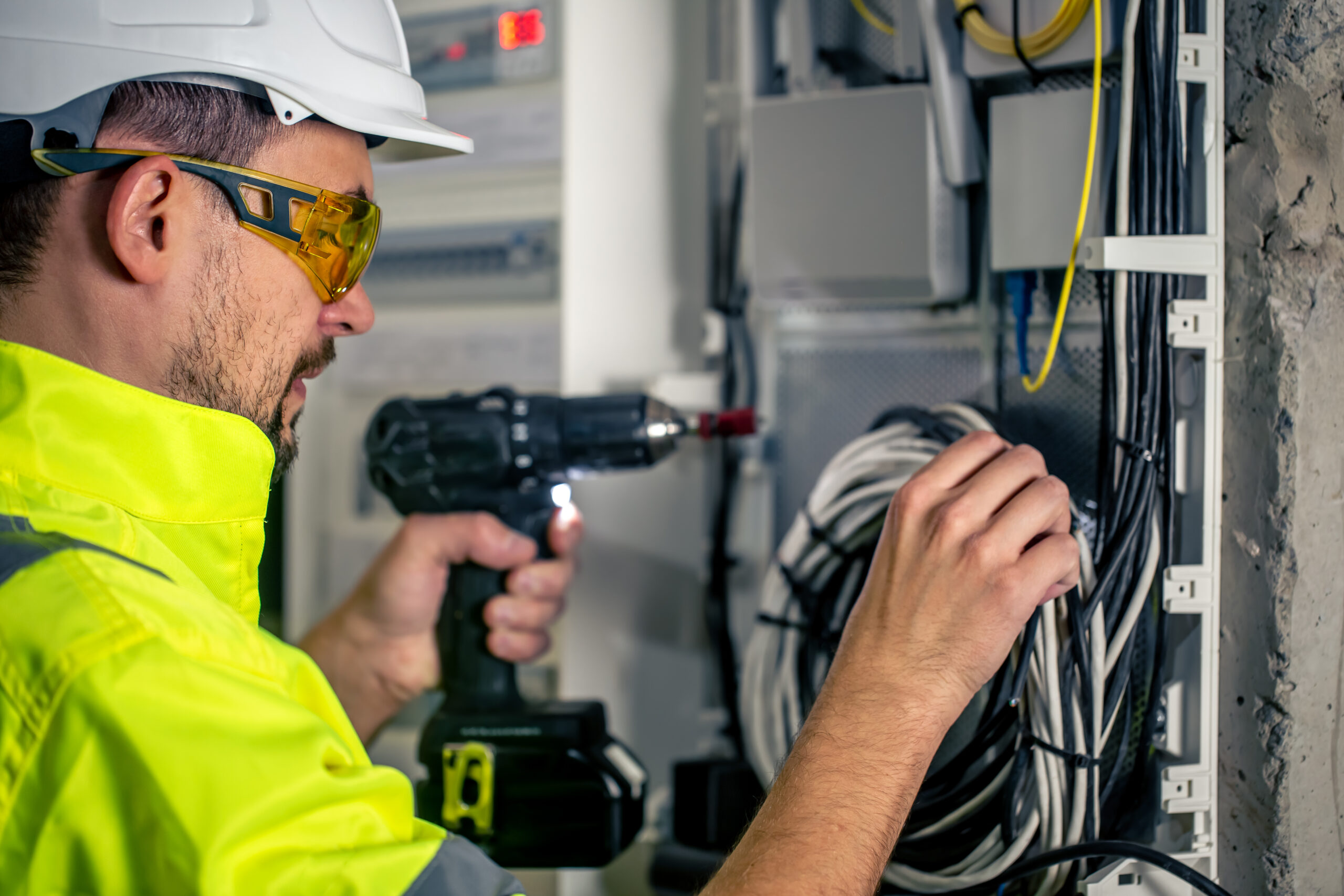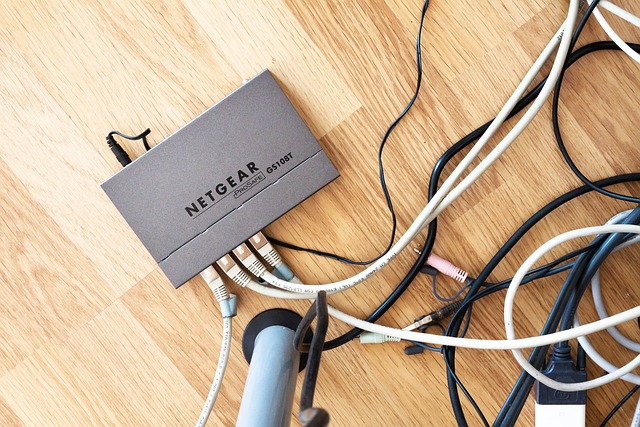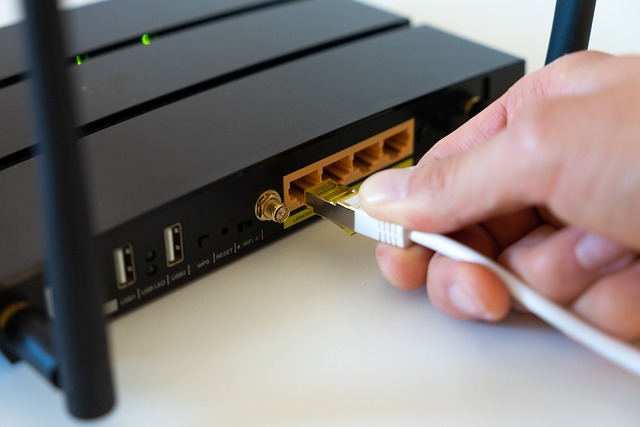Certify Your Connectivity:
Explore Cable Certification Solutions.

What is a Cable Certification?
Why is Having a Cable Certification Important?
Why is Having a Cable Certification Important?
Cable certification is the process of testing and verifying the performance and compliance of data cabling installations against industry standards and specifications. This process involves using specialized equipment to measure parameters such as signal strength, attenuation, and crosstalk to ensure that the installed cabling meets the requirements for reliable data transmission. Cable certification serves as a validation that the cabling infrastructure is capable of supporting the intended network applications and performance levels.
Cable certification is crucial for ensuring the reliability and performance of data cabling installations in modern networking environments. By certifying cabling infrastructure, organizations can verify that their investment in network infrastructure meets industry standards and specifications, reducing the risk of connectivity issues and downtime. Additionally, cable certification provides assurance to stakeholders, customers, and regulatory authorities that the network infrastructure is installed correctly and capable of supporting critical business operations and applications.

Enhanced Cyber Resilience.
Optimized Security Oversight.
Performance Assurance
Discover how cable certification ensures optimal performance and reliability of data cabling installations, validating connectivity and compliance with industry standards to support seamless network operations.
Quality Validation
Explore why cable certification is essential for validating the quality and integrity of cabling installations, providing assurance of reliable data transmission and minimizing the risk of network disruptions or downtime.
Strategic Advantage:
Outsourcing Your Security Operations Center
Quality Assurance
- Reliable Performance: Cable certification guarantees the reliable performance of data cabling installations, ensuring consistent signal quality and minimizing the risk of transmission errors or disruptions.
- Compliance Assurance: By obtaining cable certification, organizations demonstrate their commitment to quality and compliance, enhancing trust among stakeholders and ensuring the integrity of their network infrastructure.
- Cost Savings: With certified cables, organizations achieve a higher return on investment by ensuring reliable performance, minimizing downtime, and optimizing the efficiency of their network operations.
- And More...
Reliable Connectivity
- Reduced Operational Costs: With certified cabling, businesses can achieve consistent network performance, reducing downtime and optimizing productivity by ensuring seamless data transmission.
- Flexible Service Models: By certifying cabling installations, businesses can avoid performance bottlenecks and latency issues, optimizing network performance and enhancing user experience.
- Predictable Spending: Cable certification provides documented proof of compliance, facilitating audits and inspections and giving stakeholders confidence in the reliability and security of the network infrastructure.
- And More...
Compliance Benefits
- 24/7 Monitoring and Response: Through meticulous testing and validation, cable certification identifies and resolves potential issues such as signal attenuation or interference, ensuring optimal data transfer rates and minimizing packet loss.
- Proactive Risk Management: With certified cabling, organizations can confidently deploy mission-critical applications and services, knowing that their infrastructure is capable of delivering consistent performance.
- Regulatory Compliance: By adhering to certification standards, organizations mitigate the risk of non-compliance penalties and legal liabilities, maintaining credibility and trust among customers, partners, and regulatory authorities.
- And More...
Maximized Security
Efficiency.
Certify Connections
Performance Validation

40%
Reduction in Incident Response Time
30%
Cost Savings vs Full-Time Staff
50%
Increase in Threat Detection
70%
Compliance Improvement
Contact Us

